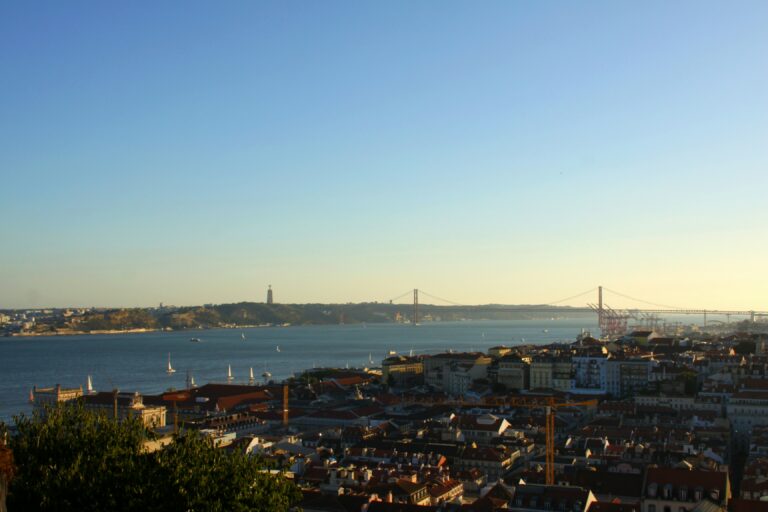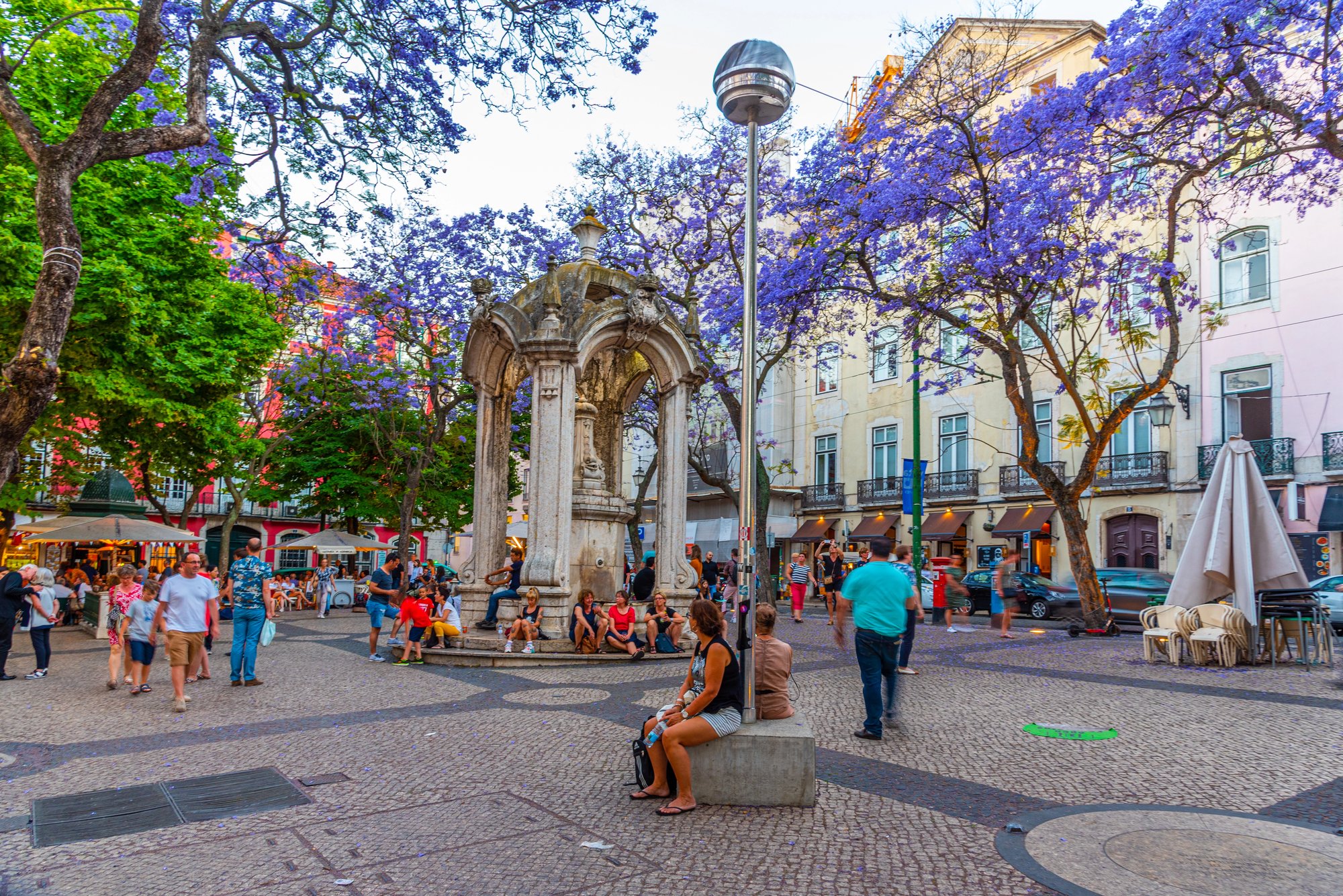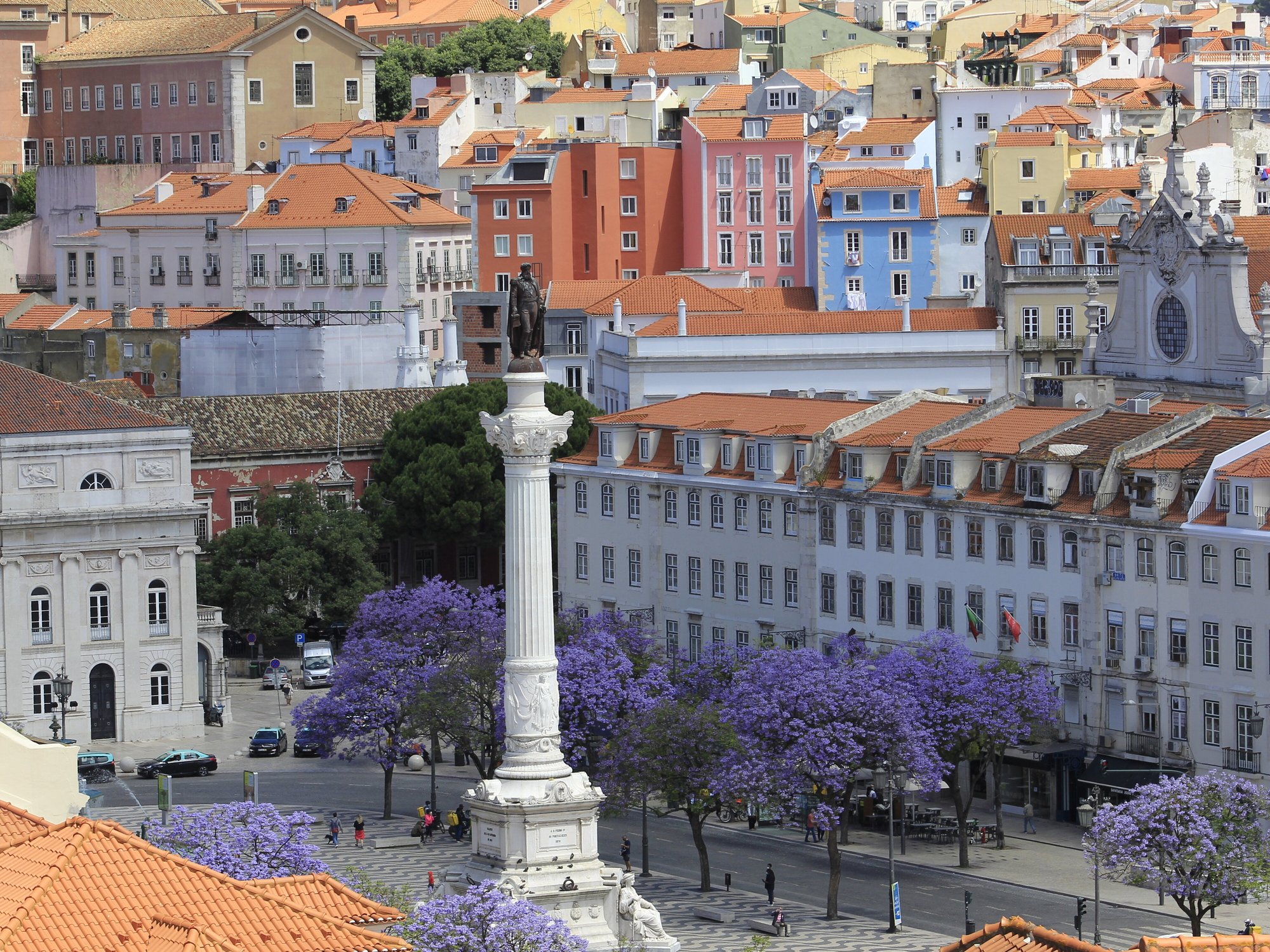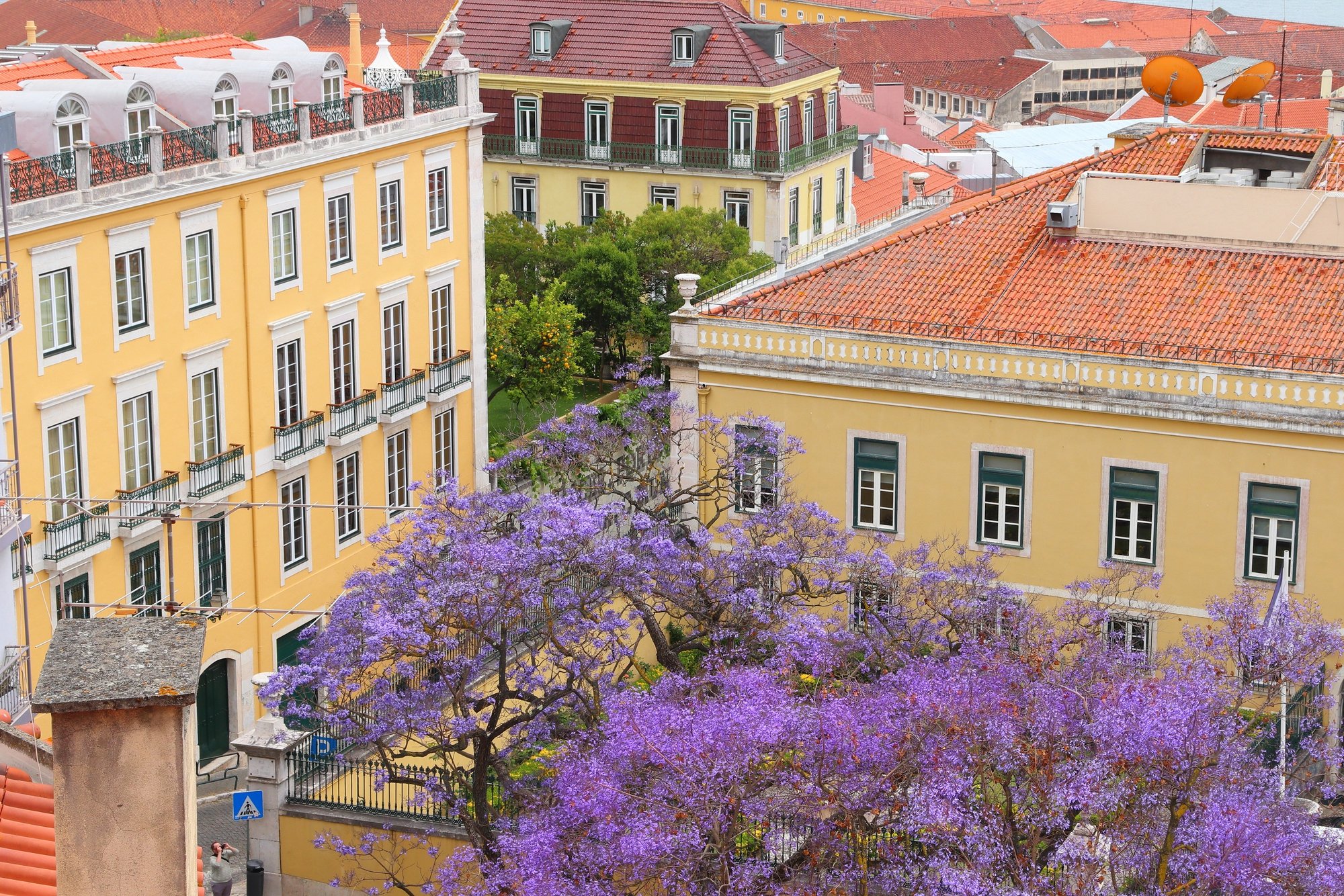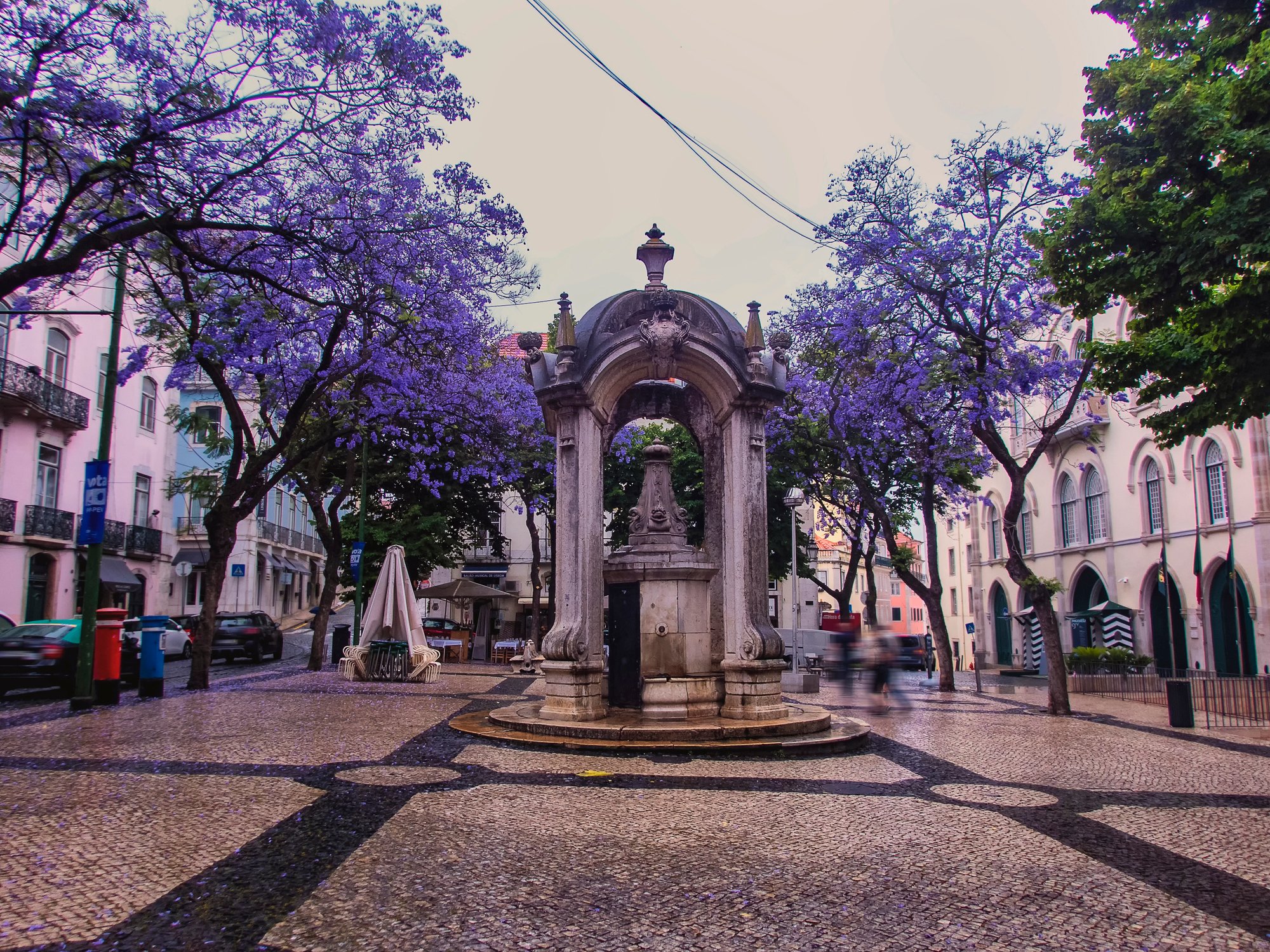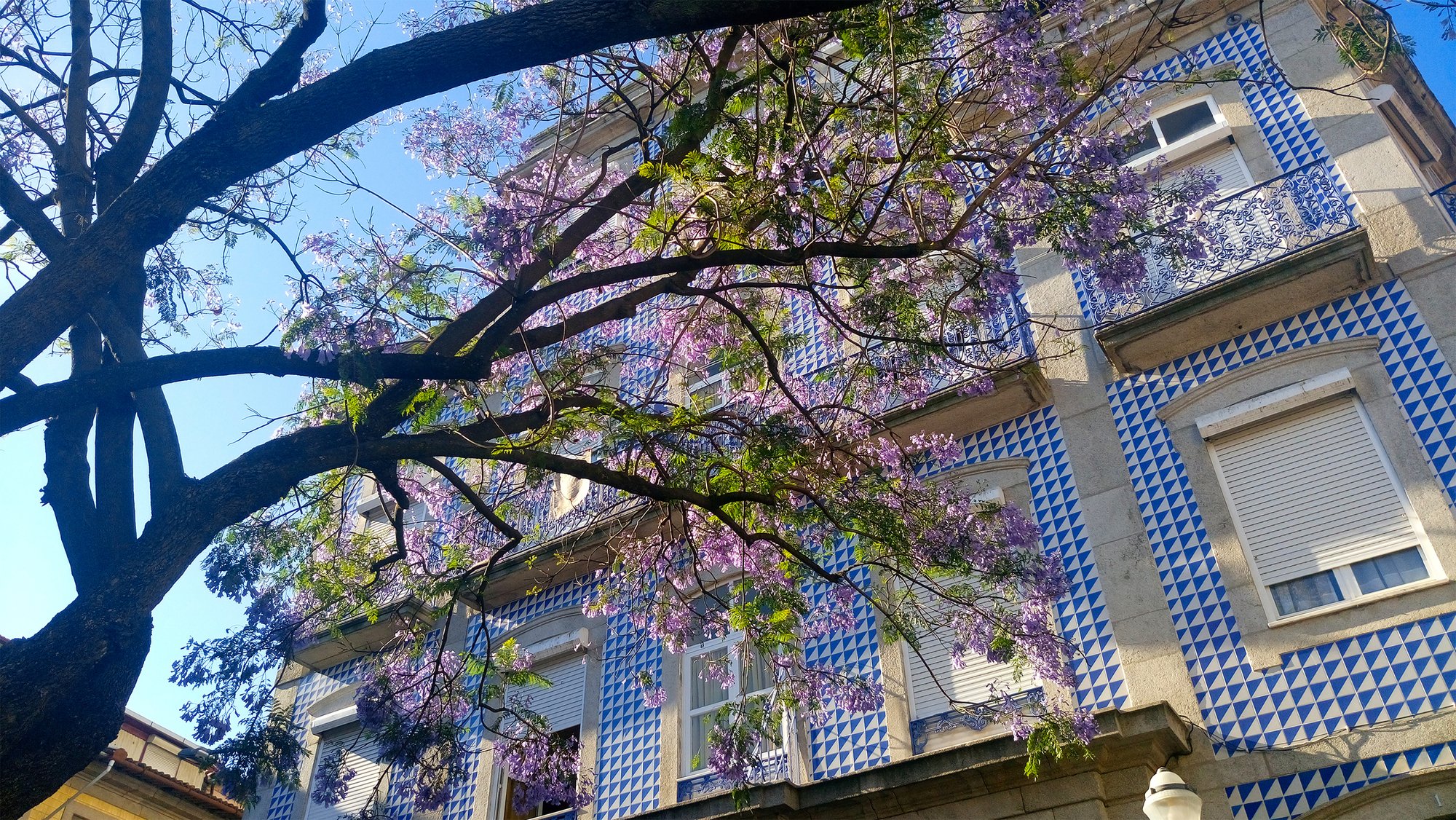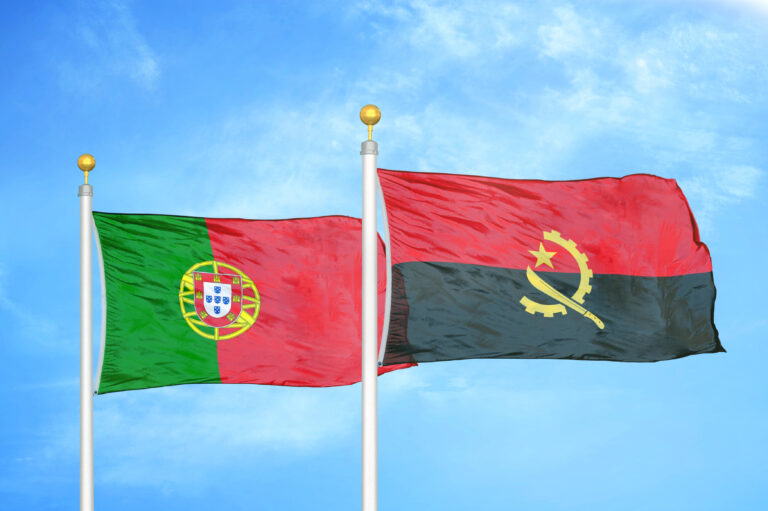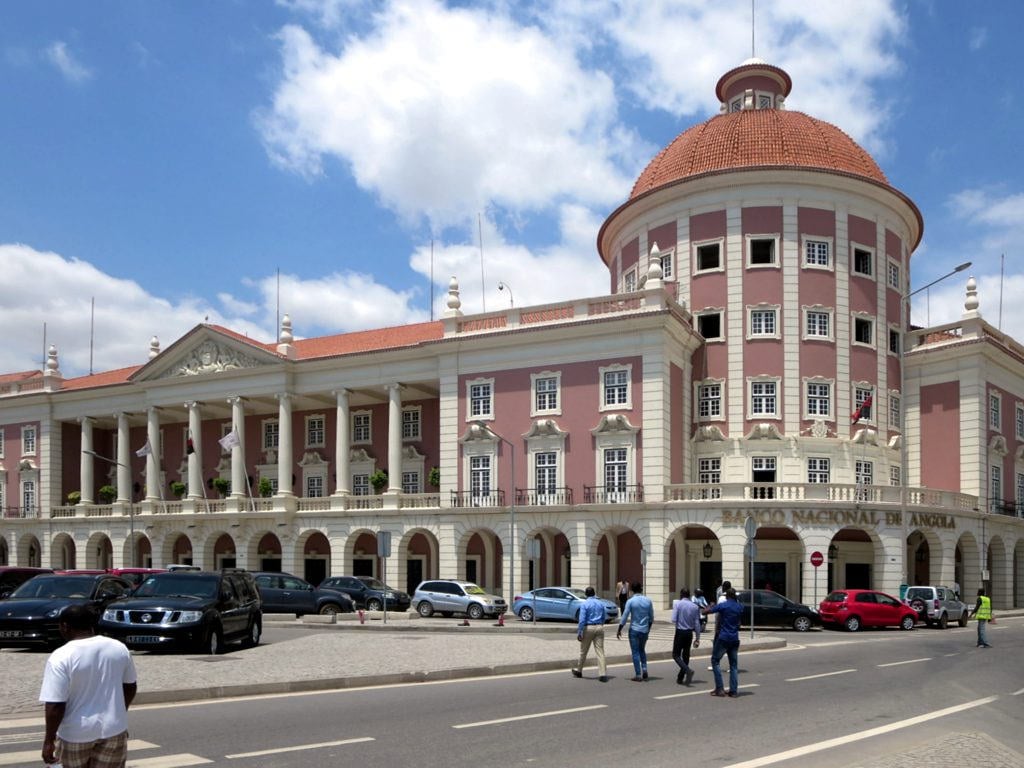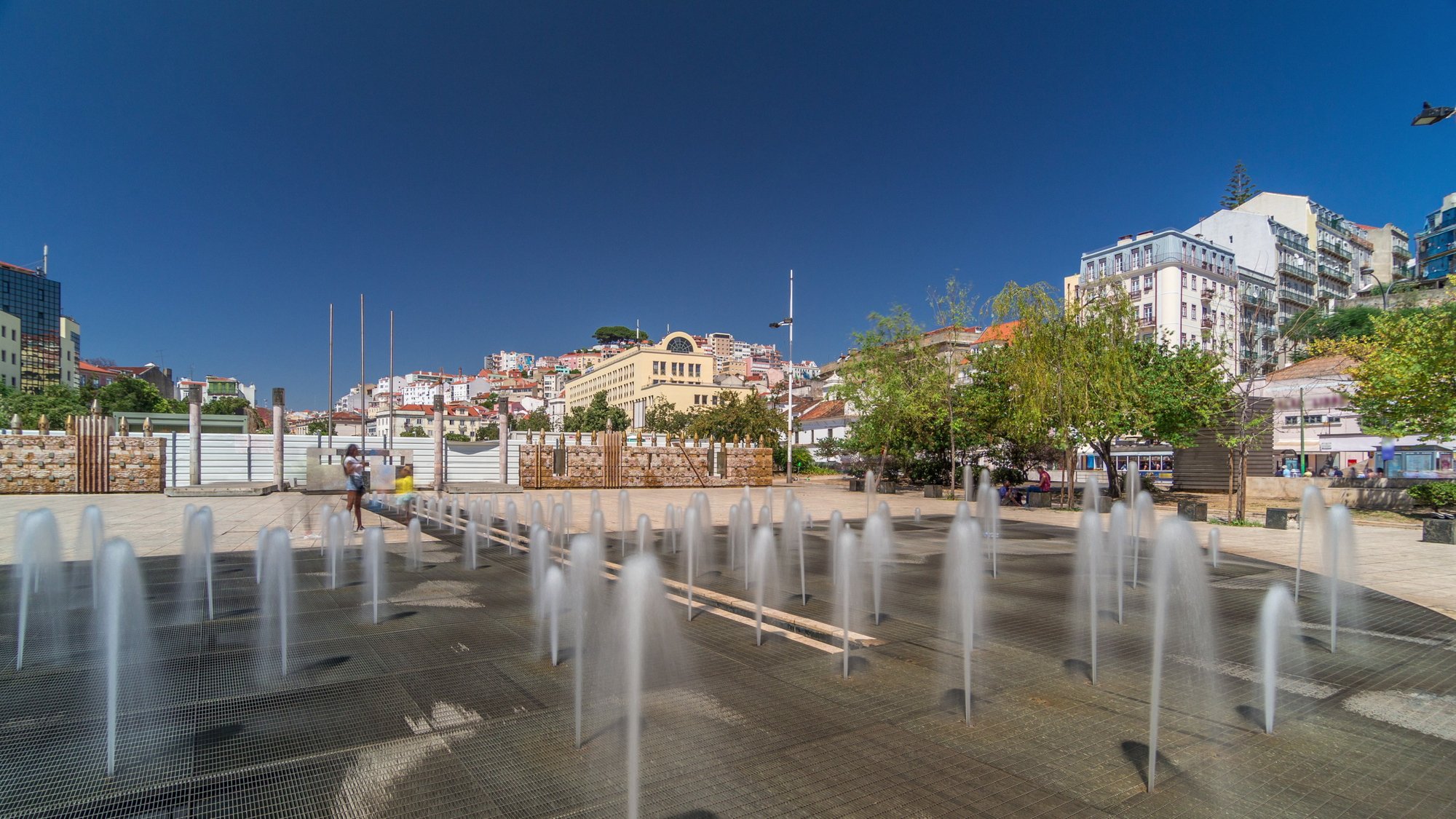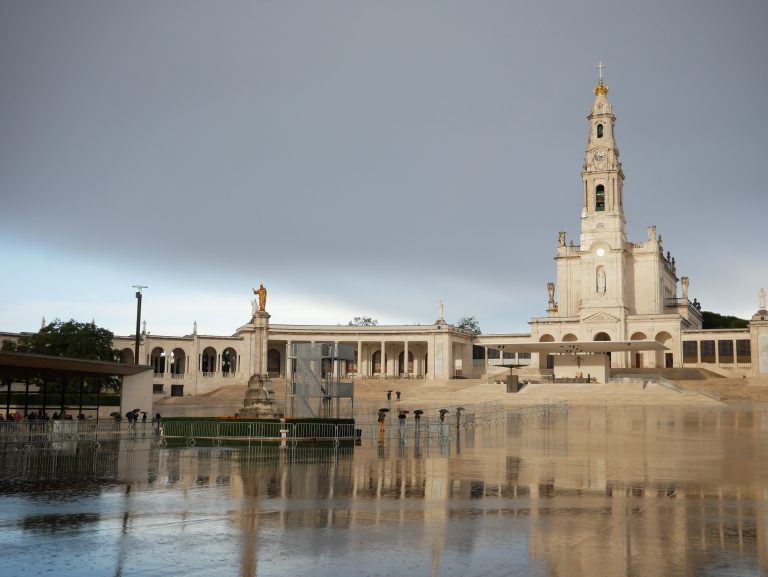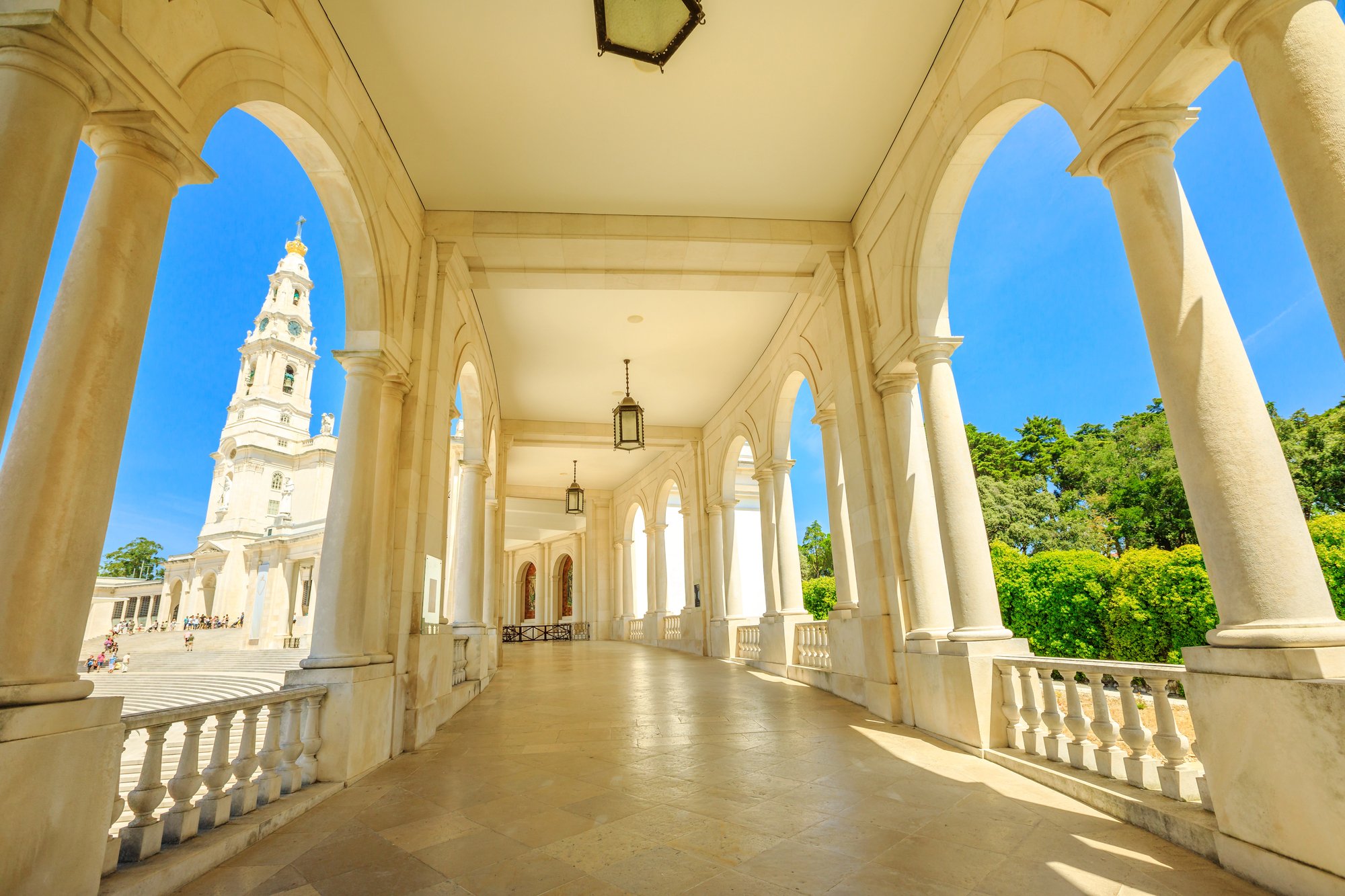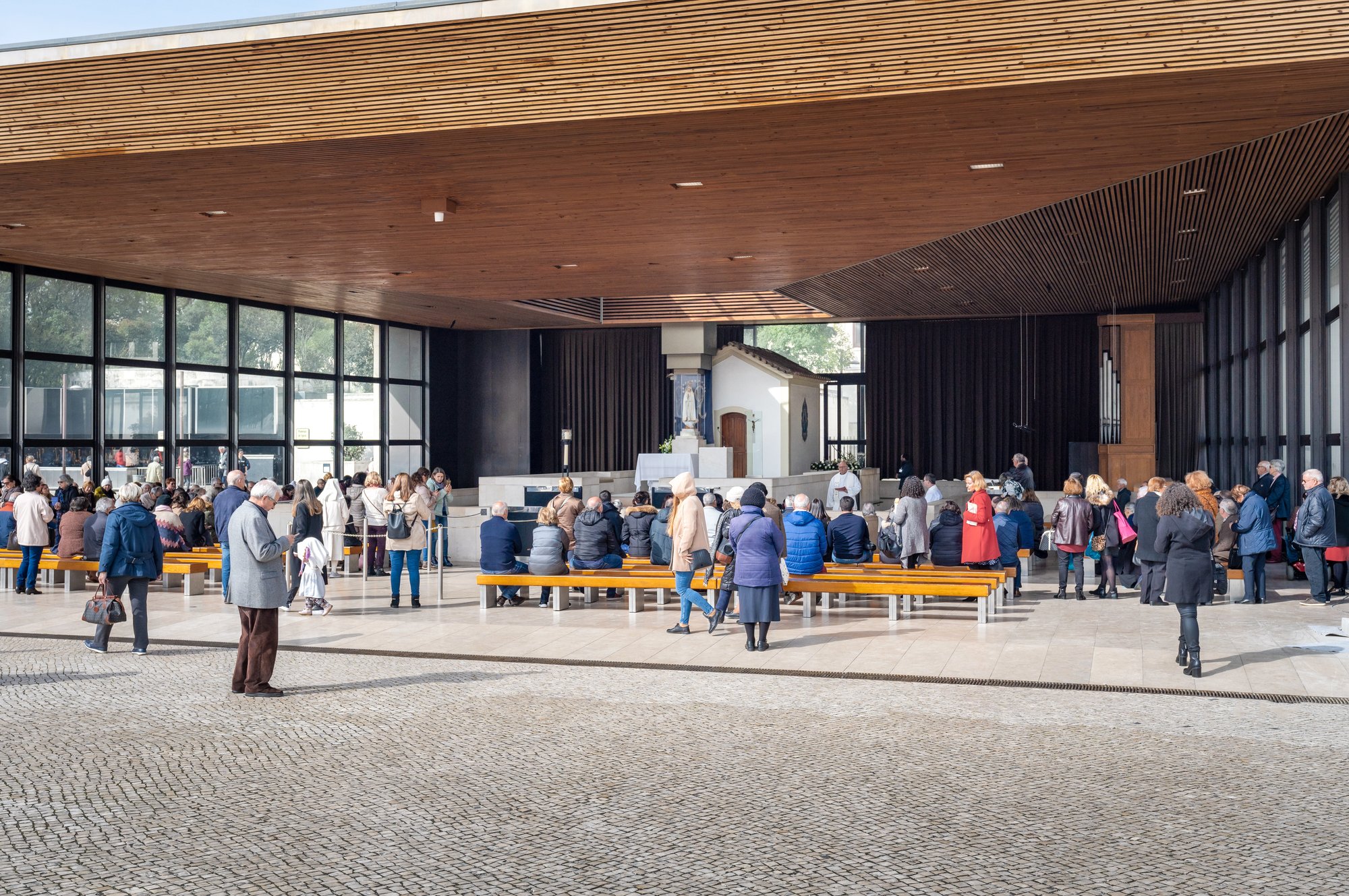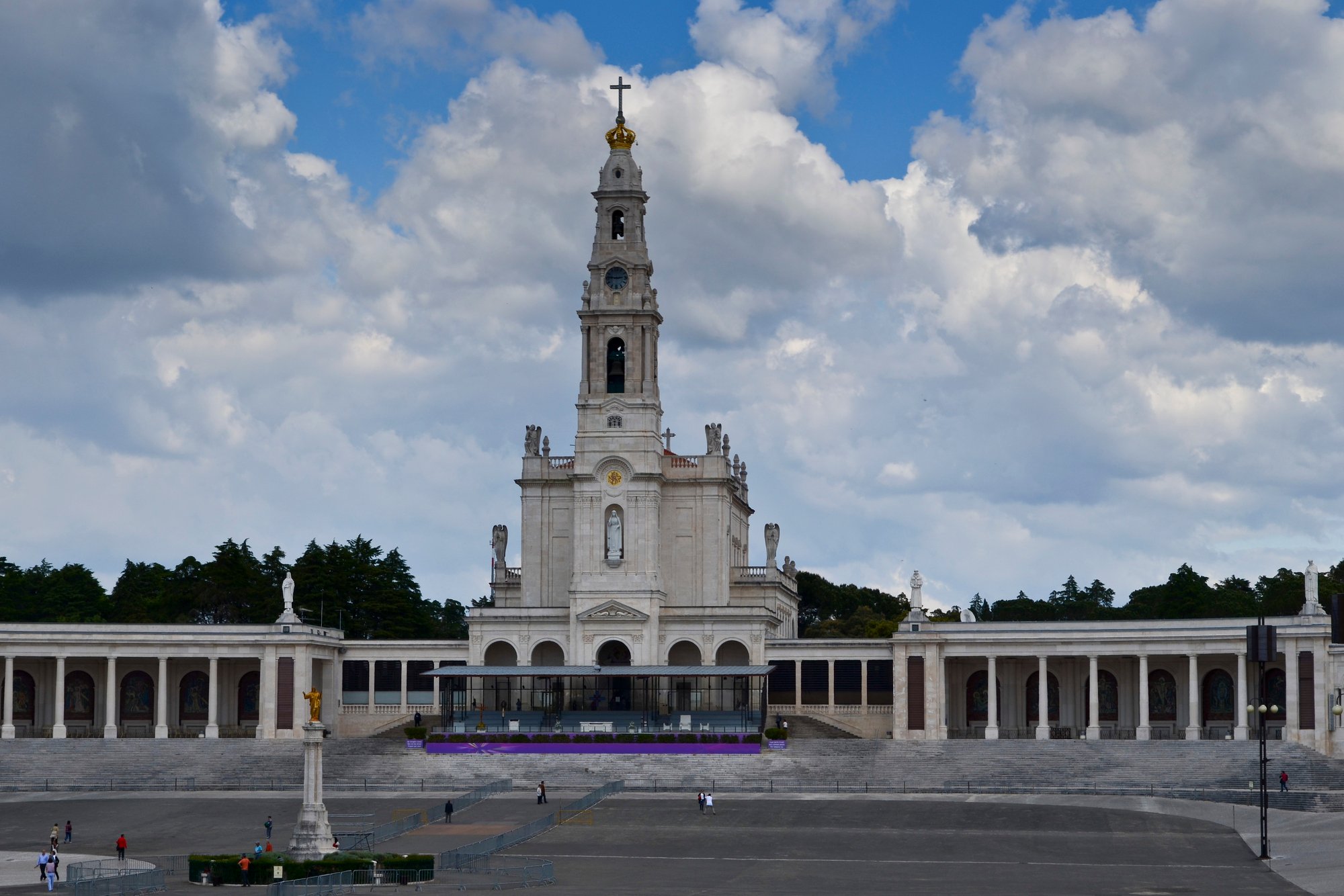“Feliz Páscoa!” Happy Easter! Portugal’s Easter celebrations provide an authentic glimpse into the nation’s soul. Freshly baked folar bread, the flower festivals of Madeira, and religious hymns give visitors a chance to experience Easter in culturally enriching and spiritually moving ways. This exploration of Easter in Portugal highlights the country’s time-honored traditions and the best destinations to experience them.
Portuguese Easter Traditions
Holy Week Celebrations
Easter in Portugal truly begins with Holy Week (Semana Santa), the seven days leading up to Easter Sunday. This period is marked by solemn religious observances and cultural festivities that vary by region.
The most significant days include Quinta-feira Santa (Holy Thursday), when churches commemorate the Last Supper, and Sexta-feira Santa (Good Friday), which includes somber processions with religious icons. These processions, called “Procissões do Senhor Morto” (Processions of the Dead Lord), represent the burial of Christ.
Easter Sunday turns celebratory. Church bells ring out across towns and villages, and families gather for meals that signal the end of Lent.
Folar da Páscoa
Central to Portuguese Easter is the Folar da Páscoa, a traditional sweet bread that varies by region. In some areas, especially the north, folar is a savory bread with hard-boiled eggs (symbolizing rebirth) and sometimes chouriço inside. In the Algarve and other regions, it is a sweeter bread often decorated with an egg in the center.
The egg represents new life and fertility, consistent with Easter’s themes of resurrection and renewal. Families typically exchange folares as gifts, especially from godparents to godchildren on Easter Sunday.

Compasso Pascal
One of Portugal’s most distinctive Easter traditions is the Compasso Pascal or Visita Pascal. Small groups led by a priest carry a crucifix from house to house and bless each home. Residents welcome the group with an altar prepared with flowers, candles, and offerings. Family members kiss the crucifix and receive blessings, and the priest sometimes sprinkles holy water throughout the home. In return, the family makes a small snack for the priest and his helpers.
This tradition remains particularly strong in northern Portugal, especially in rural communities where neighbors gather to accompany the priest through the village.
Amêndoas and Easter Gifts
Easter wouldn’t be complete without amêndoas, sugar-coated almonds that come in various colors and flavors. Godparents traditionally give these treats to their godchildren on Easter Sunday. In modern times, chocolate eggs have become popular additions to Easter baskets, though the traditional amêndoas remain the quintessential Portuguese Easter sweet.
Best Places to Experience Easter in Portugal
Braga
Often called Portugal’s religious capital, Braga offers the country’s most elaborate Holy Week celebrations. The city’s ancient cathedral serves as the focal point for solemn processions that draw thousands of spectators. The most famous is the Ecce Homo procession on Maundy Thursday (the day before Good Friday), which features participants in purple robes carrying torches through the medieval streets.
Braga’s celebrations stand out for their reverence and historical continuity, with many rituals dating back centuries. The city center becomes covered in purple drapes and religious symbols, creating an atmosphere of profound spirituality.
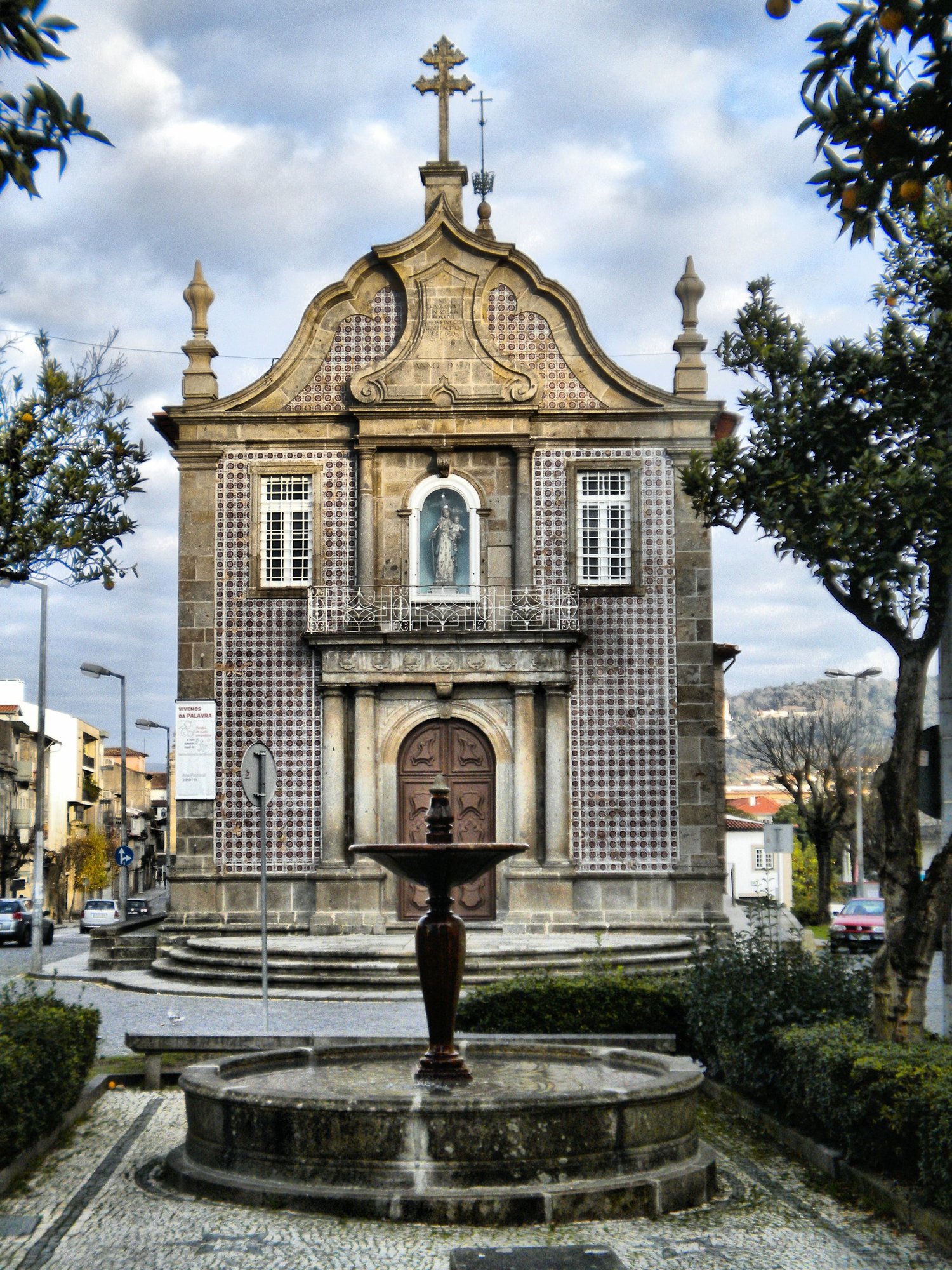
Fátima
Fátima, one of Portugal’s most significant religious sites, celebrates Easter in a profound way, centered around the Sanctuary of Our Lady of Fátima. During Holy Week, thousands of pilgrims converge on this sacred space, with many people completing the final stretch of their journey on their knees as an act of devotion.
The Easter celebrations here combine the universal Catholic traditions with the site’s unique spiritual significance as a place of Marian apparitions. The Easter Sunday Mass at the sanctuary’s Chapel of Apparitions is extraordinarily moving and conducted in the open air. The massive plaza often fills to capacity with worshippers from across the globe. The evening candlelight processions, where thousands of flames light up the darkness while participants recite the rosary, create one of Portugal’s most spiritually powerful Easter experiences. Beyond the sanctuary, the town’s streets become animated with smaller processions and special Easter markets selling religious items and traditional Easter foods.
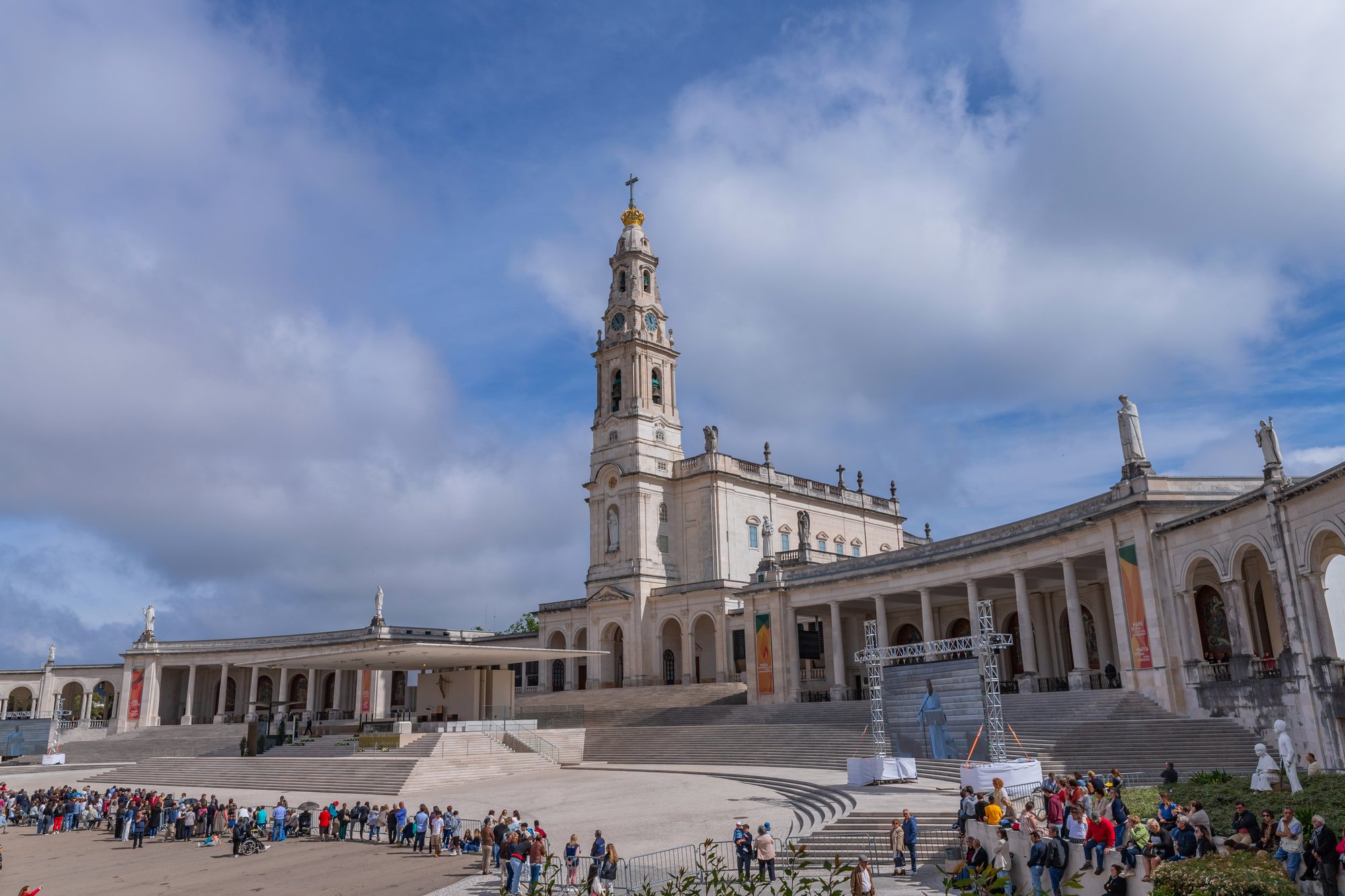
Óbidos
The walled medieval town of Óbidos provides a uniquely atmospheric Easter celebration. During Holy Week, candlelit processions flow through narrow cobblestone streets. The Good Friday procession here is especially evocative, with participants carrying statues of saints through streets strewn with flower petals.
Óbidos also hosts a traditional Easter market where visitors can purchase local crafts, traditional sweets, and the famous Ginjinha d’Óbidos (cherry liqueur) served in chocolate cups. What a delightful complement to Easter celebrations!

Castelo de Vide
Castelo de Vide in the Alentejo region acknowledges Portugal’s Jewish heritage. The town’s Judiaria (Jewish Quarter) takes center stage during Easter, as local traditions incorporate elements that recall the region’s complex religious history.
The town’s Easter celebrations include the unique “Festa das Flores” (Flower Festival), where residents decorate their doorways with fresh flowers. This creates a colorful contrast to the solemn religious processions. Castelo de Vide also maintains the tradition of “Enterro do Bacalhau” (Burial of the Cod), which symbolizes the end of dietary restrictions enforced by Lent.
São Brás de Alportel
In the Algarve town of São Brás de Alportel, Easter Sunday brings the spectacular “Festa das Tochas Floridas” (Festival of Flowered Torches). Men parade through streets carrying tall torches decorated with flowers, which forms corridors of color as they honor the resurrection of Christ.
This celebration dates back centuries and represents the joyful spirit that follows the solemn nature of Good Friday. The town squares fill with music and dancing, which makes this one of Portugal’s most lively Easter celebrations.
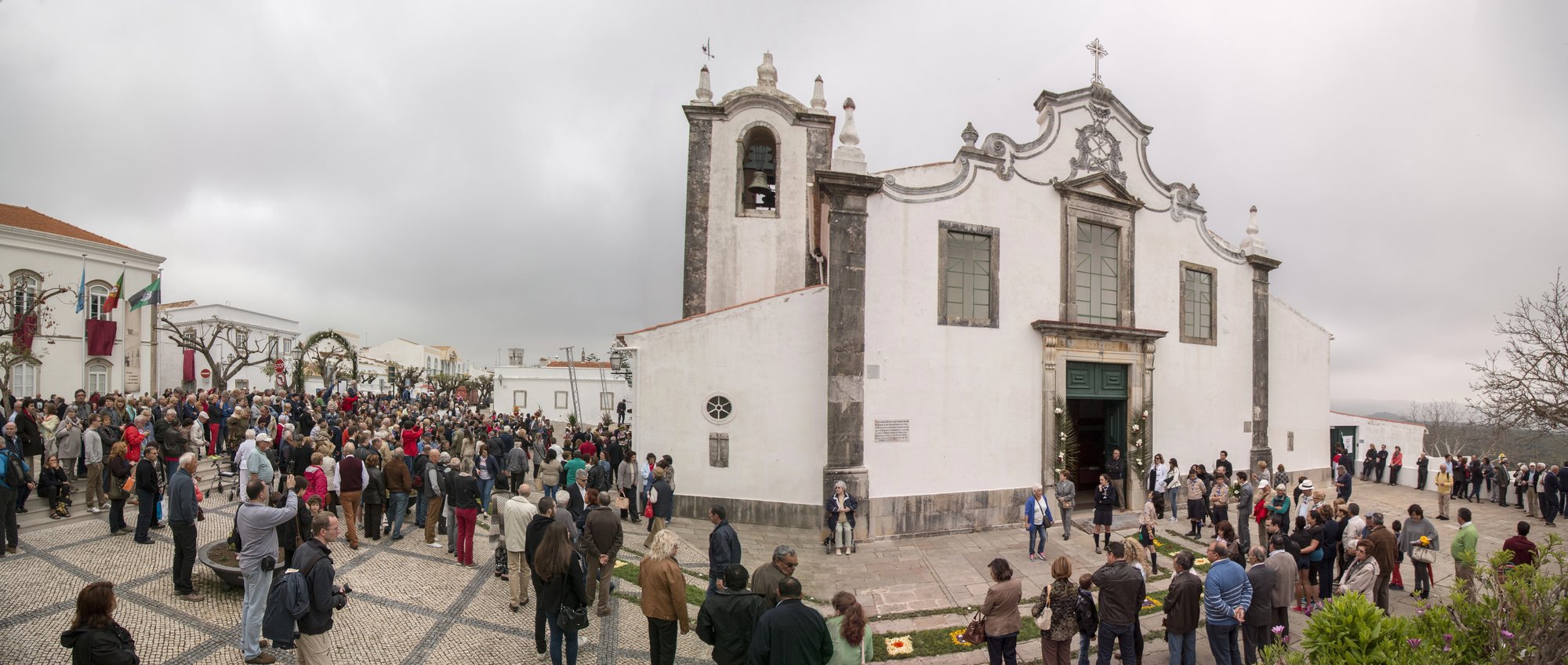
Lamego
Lamego in the Douro Valley region hosts the “Procissão dos Passos” (Procession of the Steps). Faithful climb the 686 steps to the Nossa Senhora dos Remédios sanctuary on their knees, reenacting Christ’s path to Calvary. This demonstration of devotion draws pilgrims from throughout Portugal and beyond.
The baroque staircase, covered with azulejos (traditional Portuguese tiles), becomes a living tableau of religious fervor. Lamego’s celebrations combine spiritual elements with the region’s food and wine traditions.
Madeira
While not strictly an Easter event, Madeira’s Flower Festival (Festa da Flor) often coincides with the Easter period, typically beginning two weeks after Easter Sunday. This spectacular celebration features parades of flower-covered floats, floral carpets decorating streets, and the “Wall of Hope” ceremony where children place flowers on a symbolic wall.
The timing makes Madeira an excellent post-Easter destination, which allows visitors to experience both traditional Easter celebrations and the island’s famous flower festivities in a single trip.

Porto
Porto offers visitors a blend of the religious and contemporary. The city’s grand Sé Cathedral hosts impressive Holy Week ceremonies, and the riverside Ribeira district comes alive with Easter markets and special seasonal menus in its famous restaurants.
The city’s bakeries compete to create the most elaborate folares and other Easter treats, which makes Porto an excellent destination for foodies during the holiday.
Practical Considerations for Easter Visitors
Travelers planning an Easter visit to Portugal should book accommodations well in advance, as this is a popular holiday period for both domestic and international tourists. Many businesses close on Good Friday and Easter Sunday, although tourist areas do continue some services.
For the most authentic experience, consider staying in smaller towns rather than major cities, where traditions remain the strongest and community participation the highest. However, be aware that smaller locations may have limited accommodations.
Weather in April is typically mild and pleasant throughout Portugal, though occasional rain showers occur, especially in northern regions. Pack layers to prepare for a variety of spring temperatures.
For travelers hoping to experience Easter in a new country, few destinations in Europe offer Easter celebrations as rich and diverse as those found throughout Portugal.



